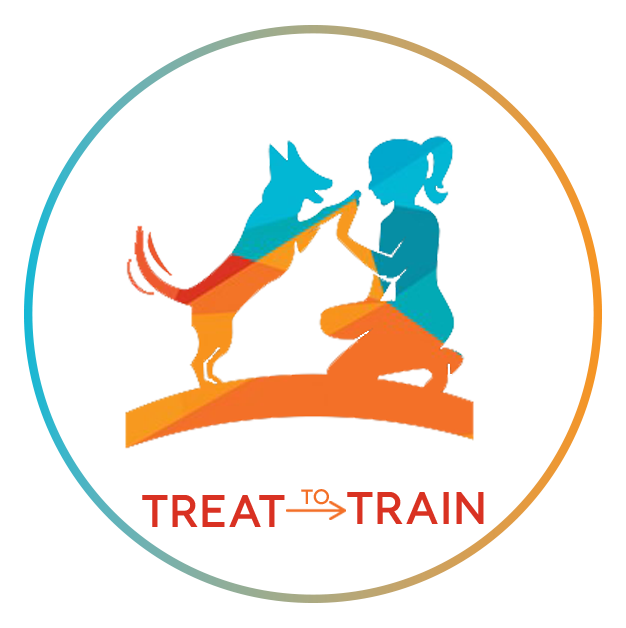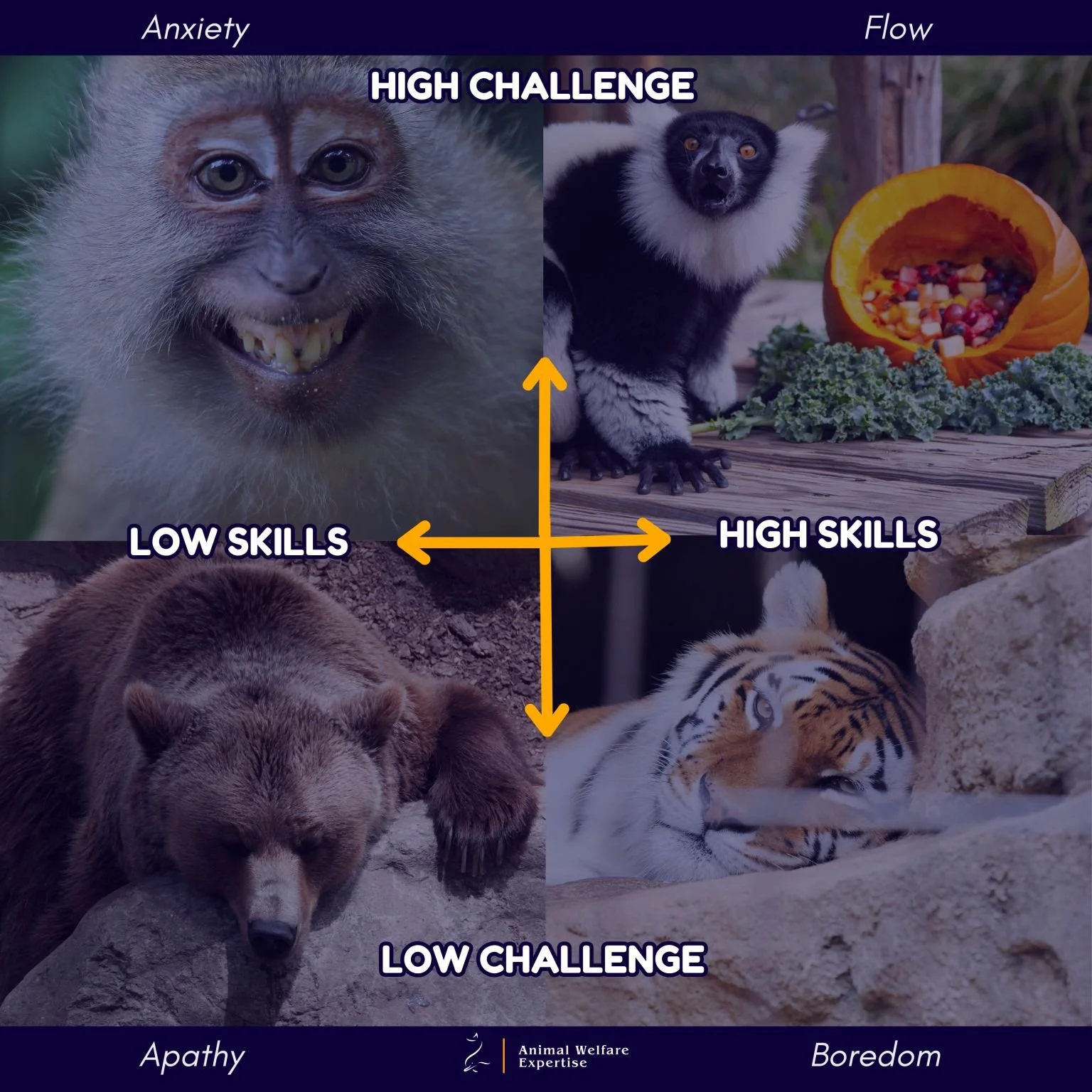The Role of Problem-Solving in Enhancing Animal Welfare
Why Problem-Solving Matters for Animals
In the wild, animals constantly face challenges, from locating food to navigating their environment. These problems stimulate cognitive skills like memory, decision-making, and problem-solving. However, captive environments often lack these natural challenges, leading to boredom, frustration, and even abnormal behaviors. A recent study explores whether providing problem-solving opportunities can improve animal welfare by engaging cognitive functions and reducing stress.
The Science Behind Challenge and Enrichment
The study suggests that enrichment programs should do more than just provide physical activity or stimulation. Instead, they should integrate challenges that encourage animals to think, strategize, and solve problems. While frustration is a natural response to challenges, it can be beneficial when paired with opportunities to succeed, reinforcing problem-solving skills and mental engagement.
Key Findings from the Study
Challenges Can Improve Coping Skills – Animals that face solvable challenges develop better stress management and adaptability.
Lack of Challenge Leads to Abnormal Behaviors – Captive animals deprived of problem-solving tasks may develop repetitive or harmful behaviors due to boredom.
‘Good’ Stress Can Enhance Learning – Moderate, manageable stress (known as ‘eustress’) can improve memory and cognitive flexibility, much like in humans.
Enrichment Should Include Mental Engagement – Many existing enrichment programs focus on physical activity but neglect cognitive challenges, missing a crucial aspect of animal well-being.
How to Implement Cognitive Challenges in Training
If we apply these principles to dog training, we can improve mental stimulation and overall well-being by:
Incorporating Puzzle Feeders – Requiring dogs to solve a puzzle to access their food engages problem-solving skills.
Using Interactive Training Games – Teaching dogs to perform multi-step behaviors encourages cognitive flexibility.
Varying Training Routines – Introducing new environments, tasks, and problem-solving elements prevents boredom and strengthens adaptability.
Final Thoughts
Providing animals, including dogs, with appropriate cognitive challenges is essential for their well-being. Training should not only focus on obedience but also engage a dog’s mind in ways that mimic the natural problem-solving they would experience in the wild. By incorporating these principles, trainers and pet owners can help create a more enriching and fulfilling life for their animals.
Article: Meehan, C. L., & Mench, J. A. (2007). The challenge of challenge: can problem solving opportunities enhance animal welfare?. Applied Animal Behaviour Science, 102(3-4), 246-261.
Author: Angelique de Kock
Angelique is a qualified Behaviour Consultant (DipCABT C.C.A.B.), Dog Trainer, and Blue Level Instructor with the World Scent Dog Association. She specializes in scentwork, reactivity, and positive reinforcement training, helping dogs and their owners build confidence and communication through science-based methods.
Angelique’s experience spans working with a variety of species beyond dogs, including parrots, rabbits, and even elephants! She currently shares her life with Swift, her talented Border Collie who excels in scentwork trials. She also co-hosts the Barkology Podcast, discussing dog behavior and welfare with fellow professionals.

